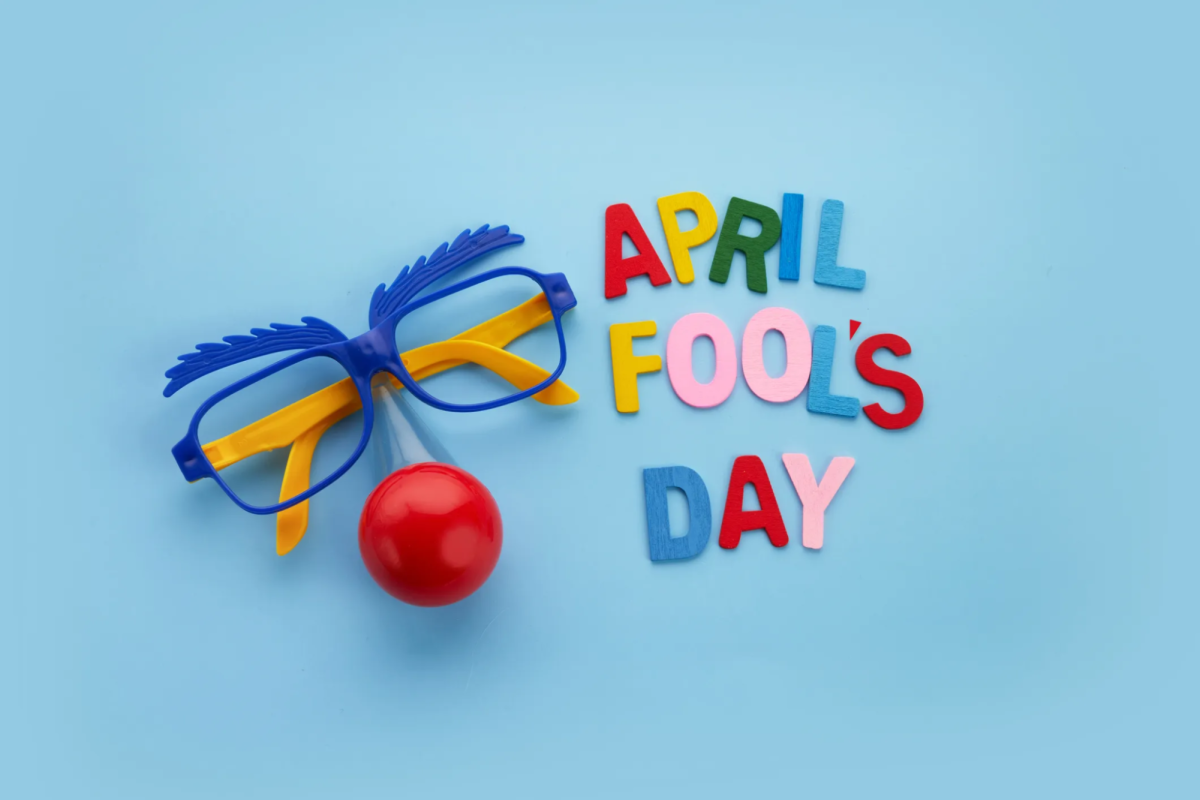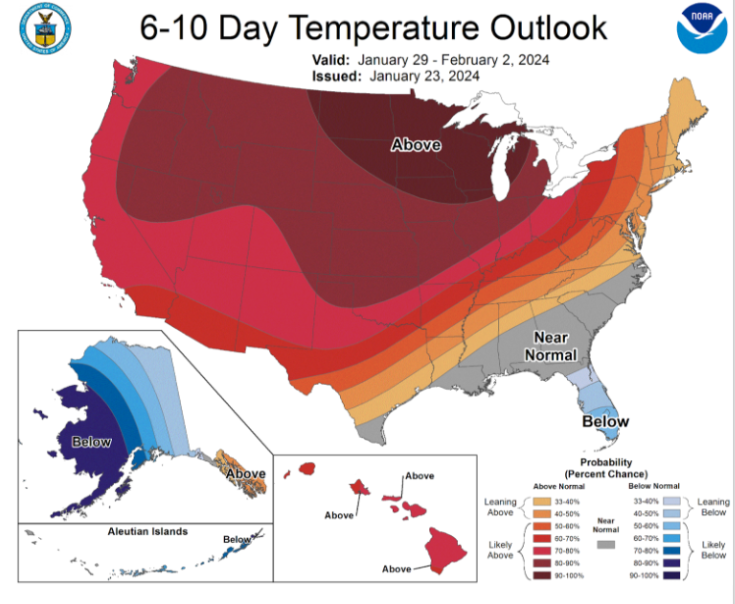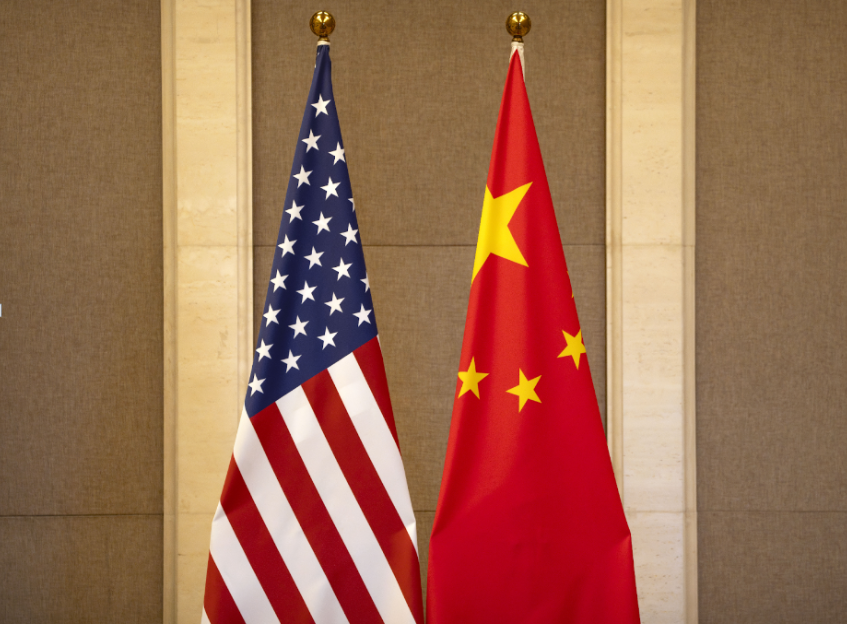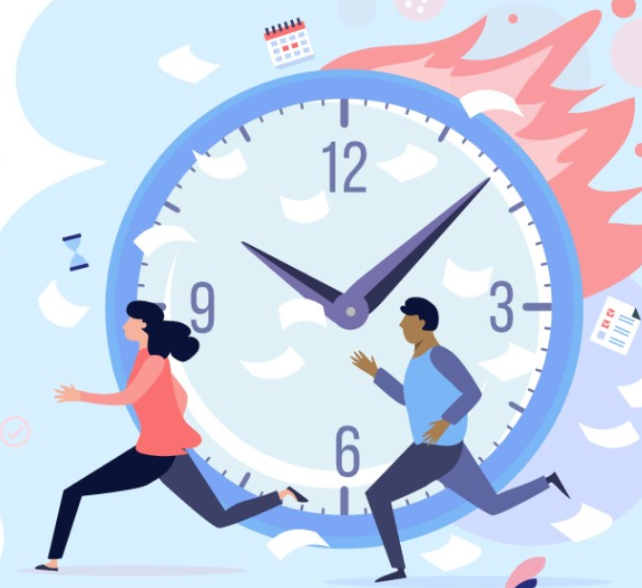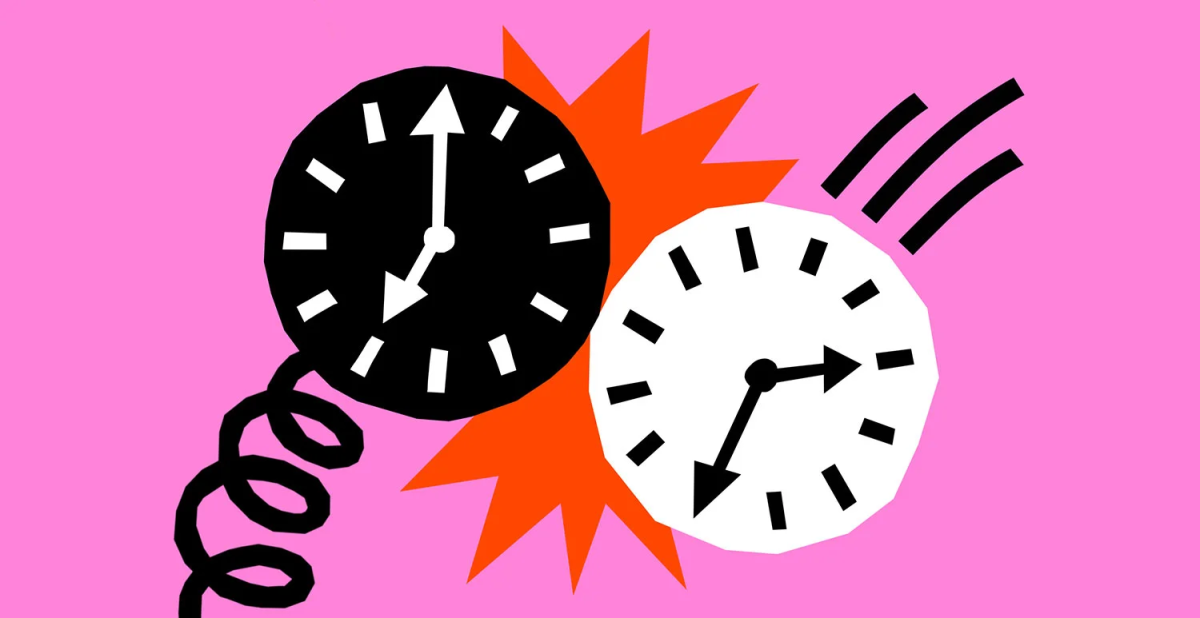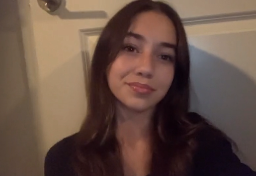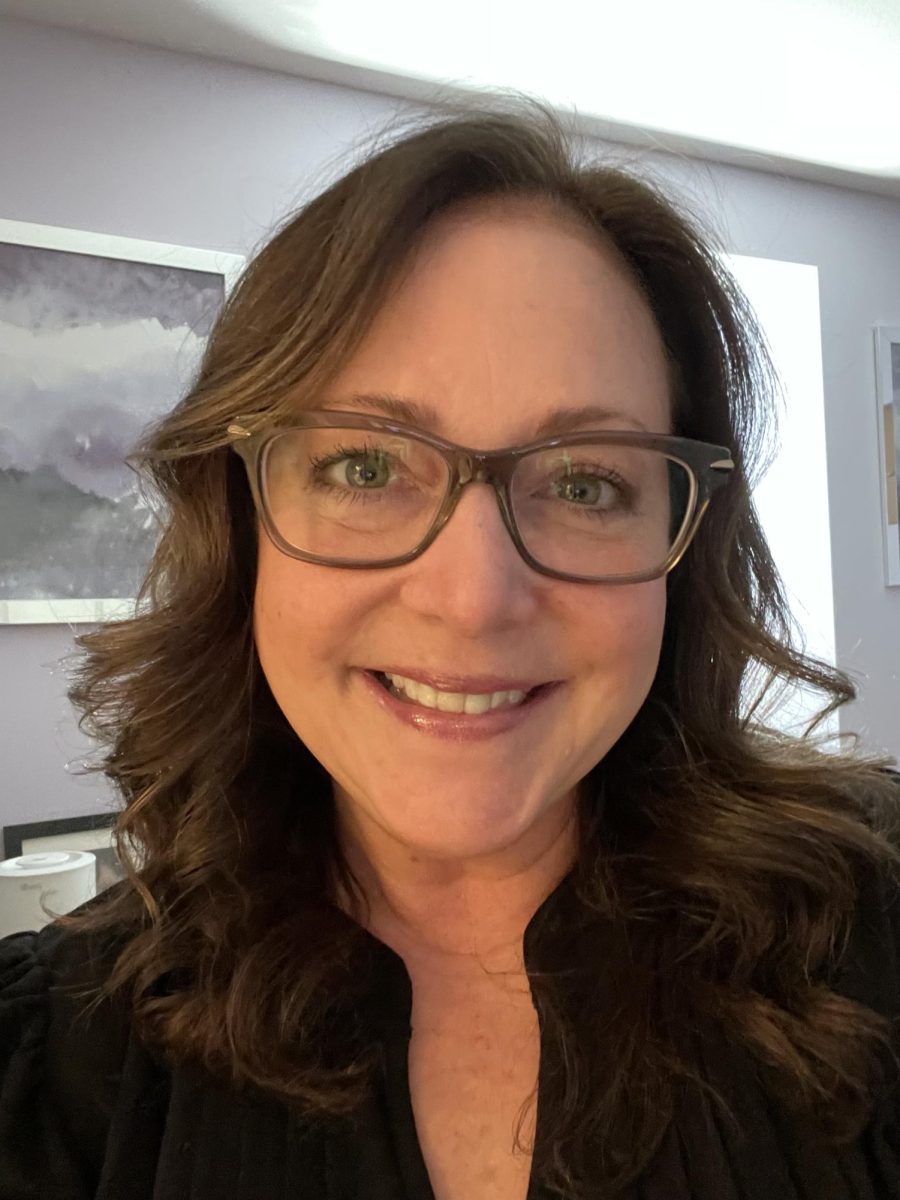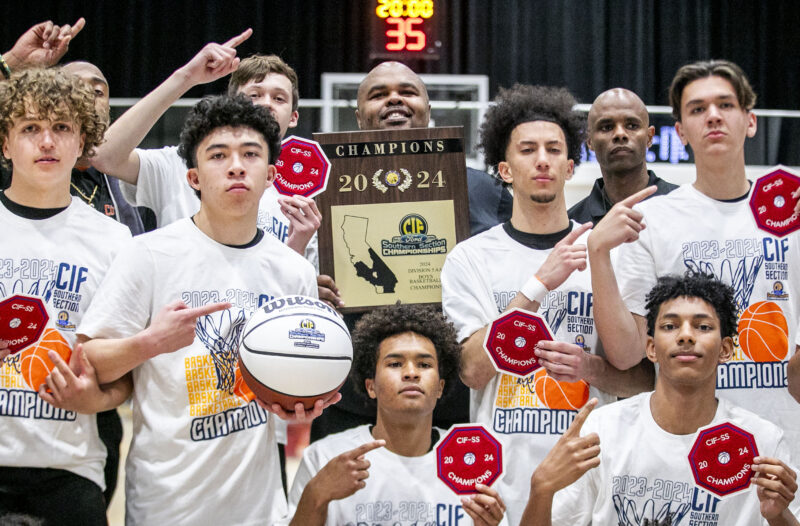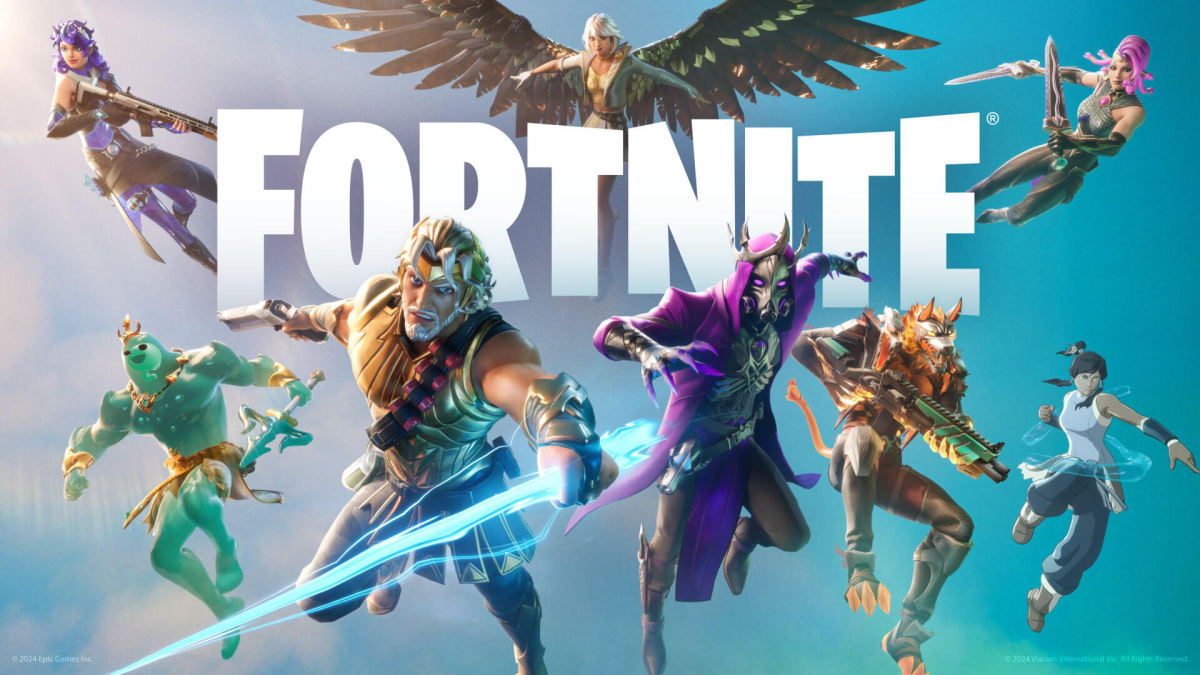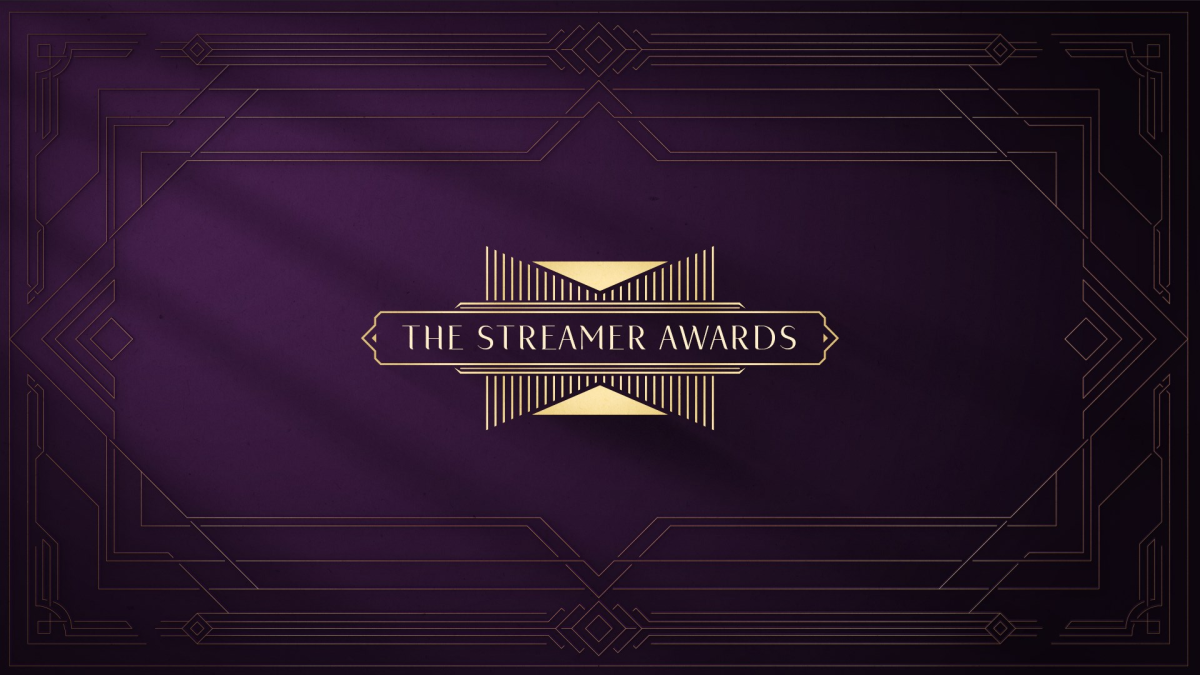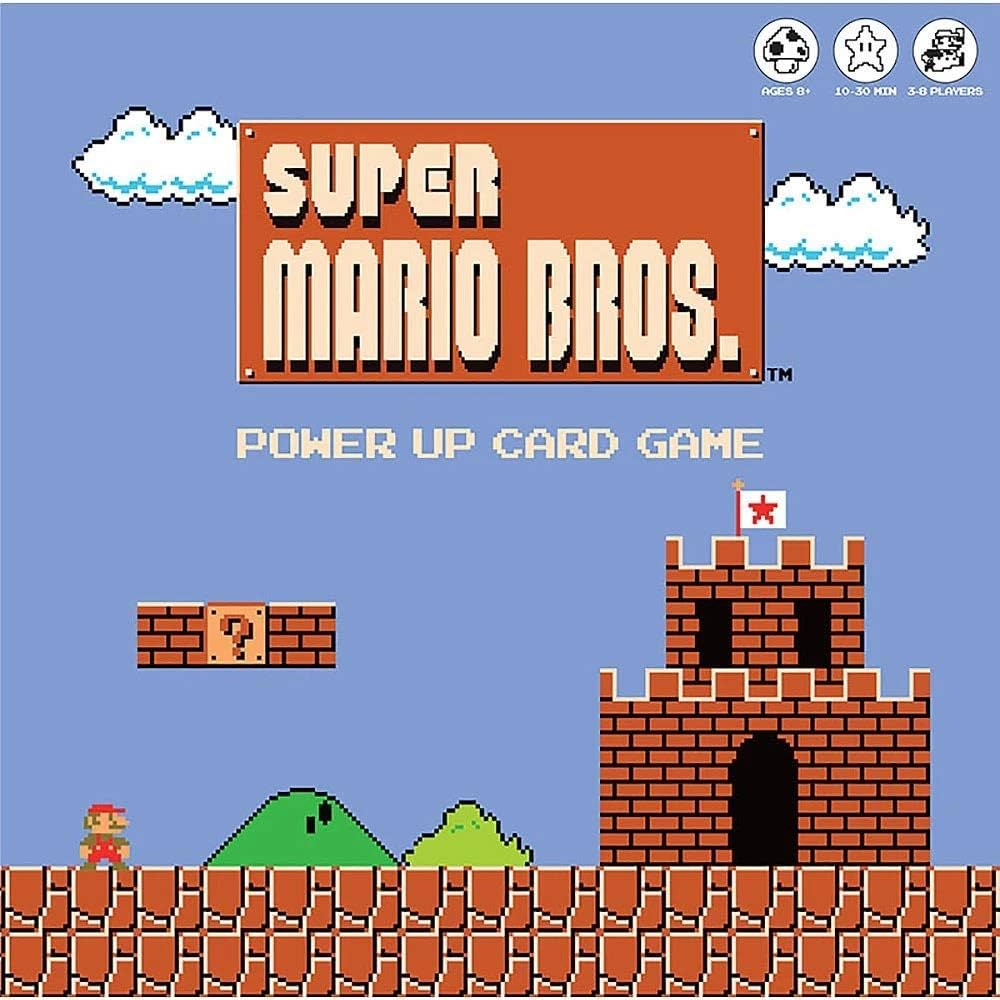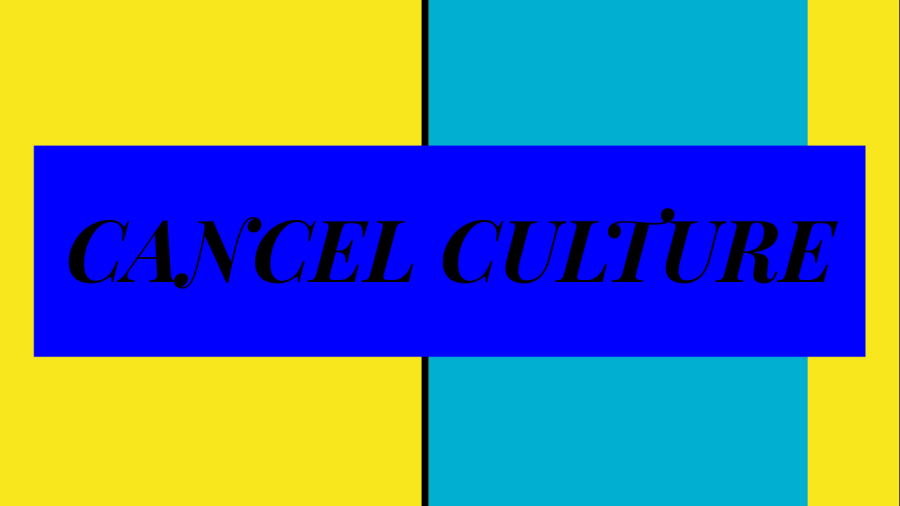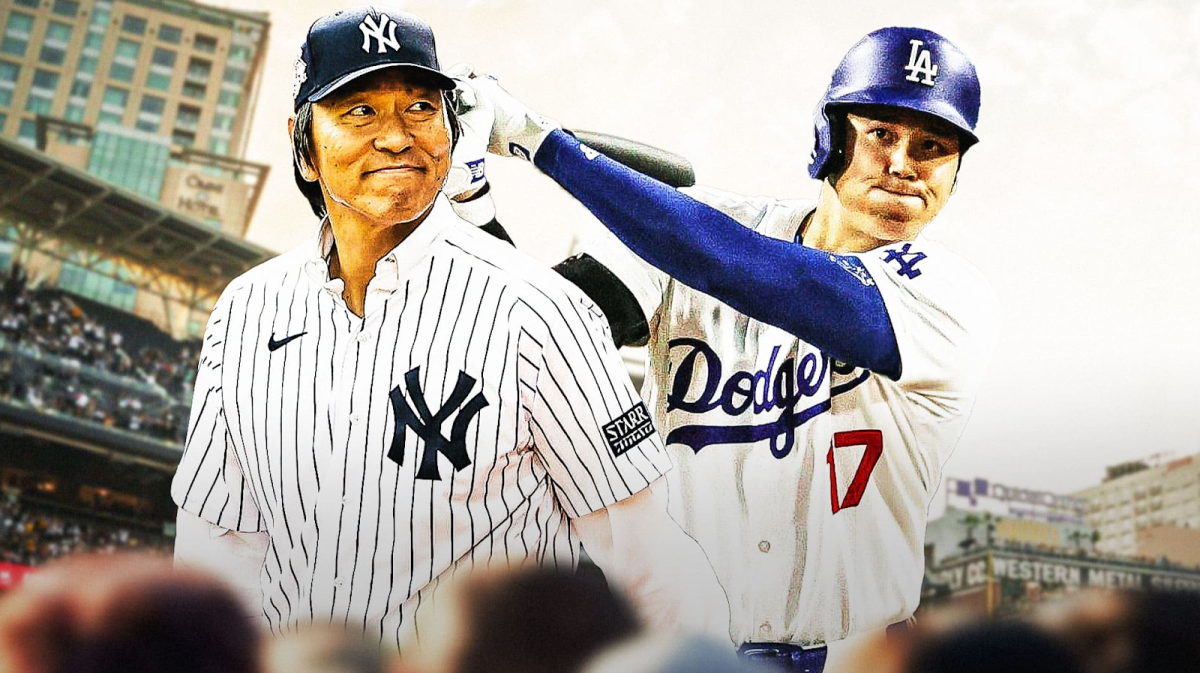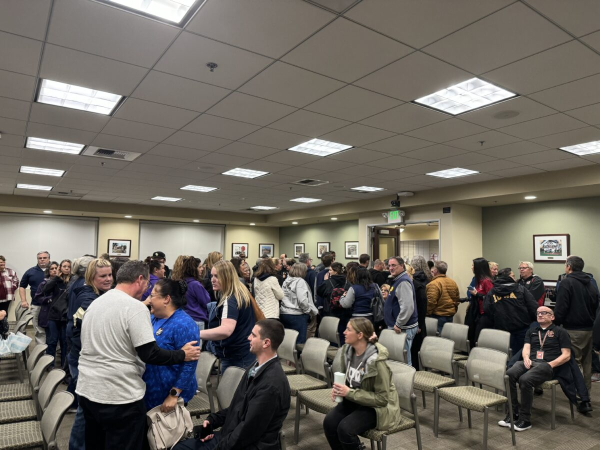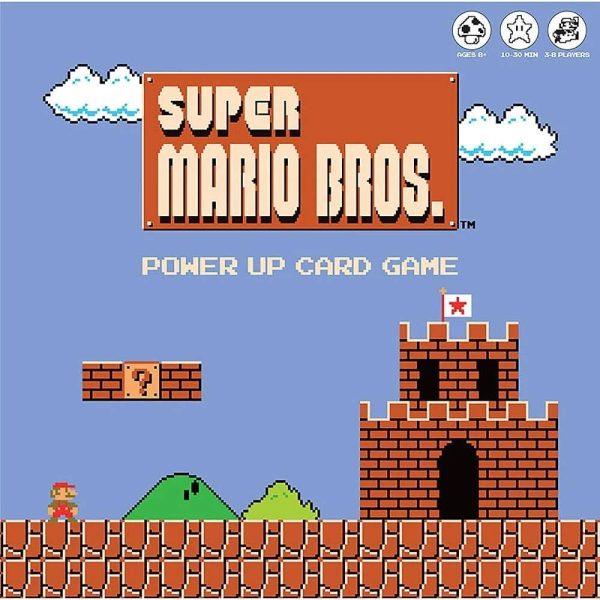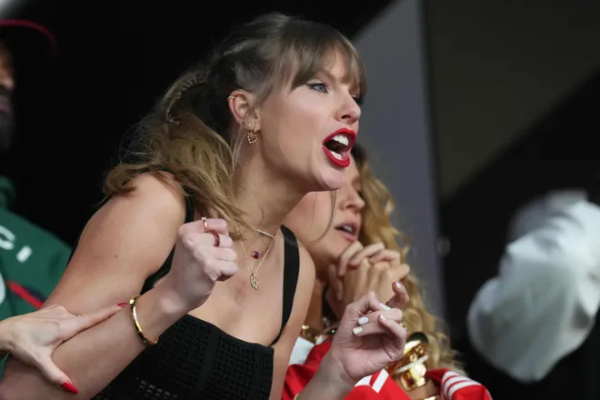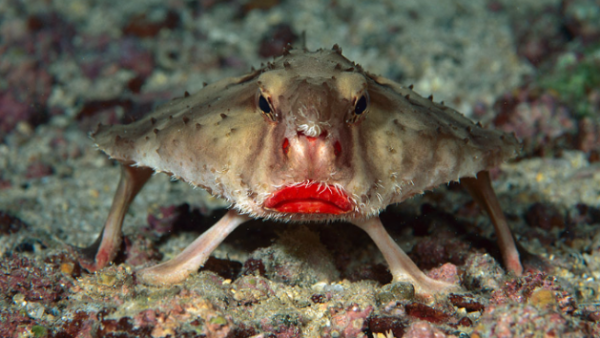Cancel Culture
March 17, 2022
Social media has changed over time and has created the controversial Cancel Culture. Cancel Culture is a way of calling people out for their behavior, whether it is their physical actions or words, and “cancel them” on social media. Once there is a problem with someone’s behavior and it goes out to the public, they are confronted, judged, and criticized for what they did. It eventually becomes everyone’s business even though it has nothing to do with them.
Once someone is “cancelled” they usually lose many followers, get hate mail/comments, and are constantly reminded of what they did. For example, after the Astroworld tragedy, Travis Scott was “cancelled” for allowing and promoting crowds that exceeded the usual capacity. After the deadly stampede, he was removed from the list of performers at Coachella. He then made an apology video that many people believed was fake. Some other people who have been cancelled are Ellen Degeneres, a comedian, for having a toxic workplace, J.K Rowling, the author of Harry Potter, for being transphobic meaning you show dislike of transgender people and transexual, and Harvey Weinstein, the producer of Lord of the Rings, for being accused of sexual abuse. After being “cancelled” they eventually got what they deserved. The Ellen Show ended, Rowling destroyed her career and has been labeled a TERF(Trans-Exclusionary Radical Feminist), and Weinstein was sentenced to 23 years of prison for rape and sexual assault.
Gabriel Karney, a 7th grader at Rio said, “I think that cancel culture is fine because it gets bad people out of a position where they are being role models. I believe that it shows young people that bad actions, like racism and sexism, have consequences. “ Harper Morris, a 7th grader at Rio said, “I believe that a lot of people have been getting canceled for little things that they shouldn’t get canceled for but also there are a lot of celebs that needed or need to be canceled. I think it’s a good thing because it shows what is right and what is wrong but I also think it is bad because it shows people that you never have a second chance which is just not reality. It is entertainment but it doesn’t really have a real-life effect on teens.” Kayla Fujishima, a 7th grader at Rio said, “I don’t think it’s the best way to deal with issues but it sometimes works. I think it’s a 50/50 thing in terms of being effective. I believe it can affect people in the way of teaching people what happens when your consequences catch up to you when you’ve made mistakes. And it takes away platforms from people who are openly racist, sexist, etc. I think it can work at times, but educating people about what they’ve done wrong and allowing them to learn from mistakes would be better. But people might think that their actions are excused and continue to make those mistakes which leads to more issues.” Lastly, Hayley Pelletier, an 8th grader at Rio said, “I think cancel culture is good because if someone truly did something bad, they should be canceled and known for it. It affects teens and I think it’s effective and solves problems.”
Cancel Culture can be seen as good and bad. “Cancelling” people can allow people to be heard, it can bring things to the light, it can get people the consequences they deserve, and bring social change. But it can also damage someone’s career permanently, it is not always productive, and can cause them to feel rejected when they didn’t do anything. Although it has its sides, there will always be debates about whether it’s good or bad. Cancel Culture will always have different perspectives and be supported by both sides.

